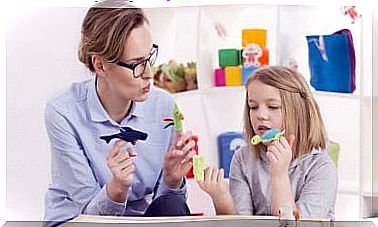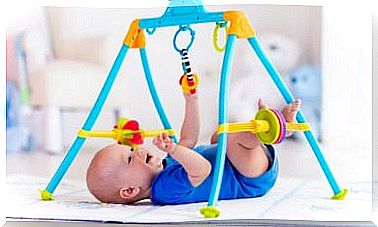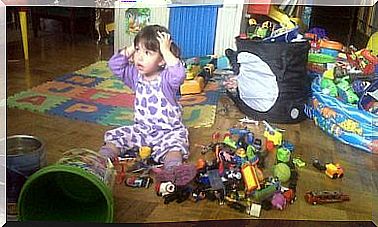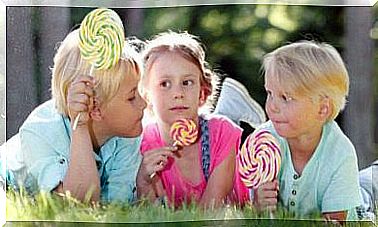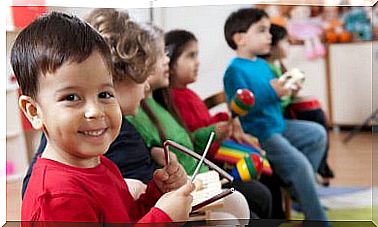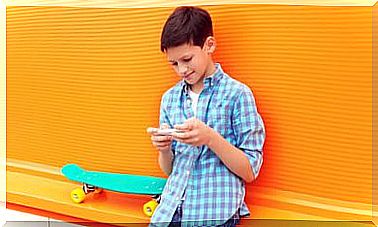How Children Learn Math Skills
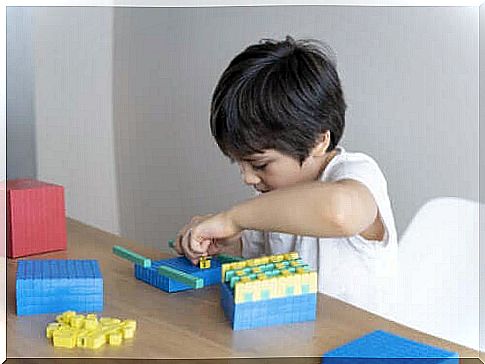
Children, when they are still babies, begin to develop their math skills by exploring the environment, which they continue to do during the preschool years. By the time they learn formal math concepts in first grade, the foundation for success is already in place.
What is early math?
The term early math refers to math concepts and skills that a child develops informally during the early years of life. They can also be called pre-arithmetic skills. It is essential that they are developed first, before attempting to introduce overly advanced concepts.
To introduce your child to math, you can immediately think of numbers and try to teach them how to count, recognize numbers, and add or subtract.
However, these are actually some of the most advanced beginning math skills and you don’t have to be in a hurry to teach them. It is important first to understand how children learn math concepts.
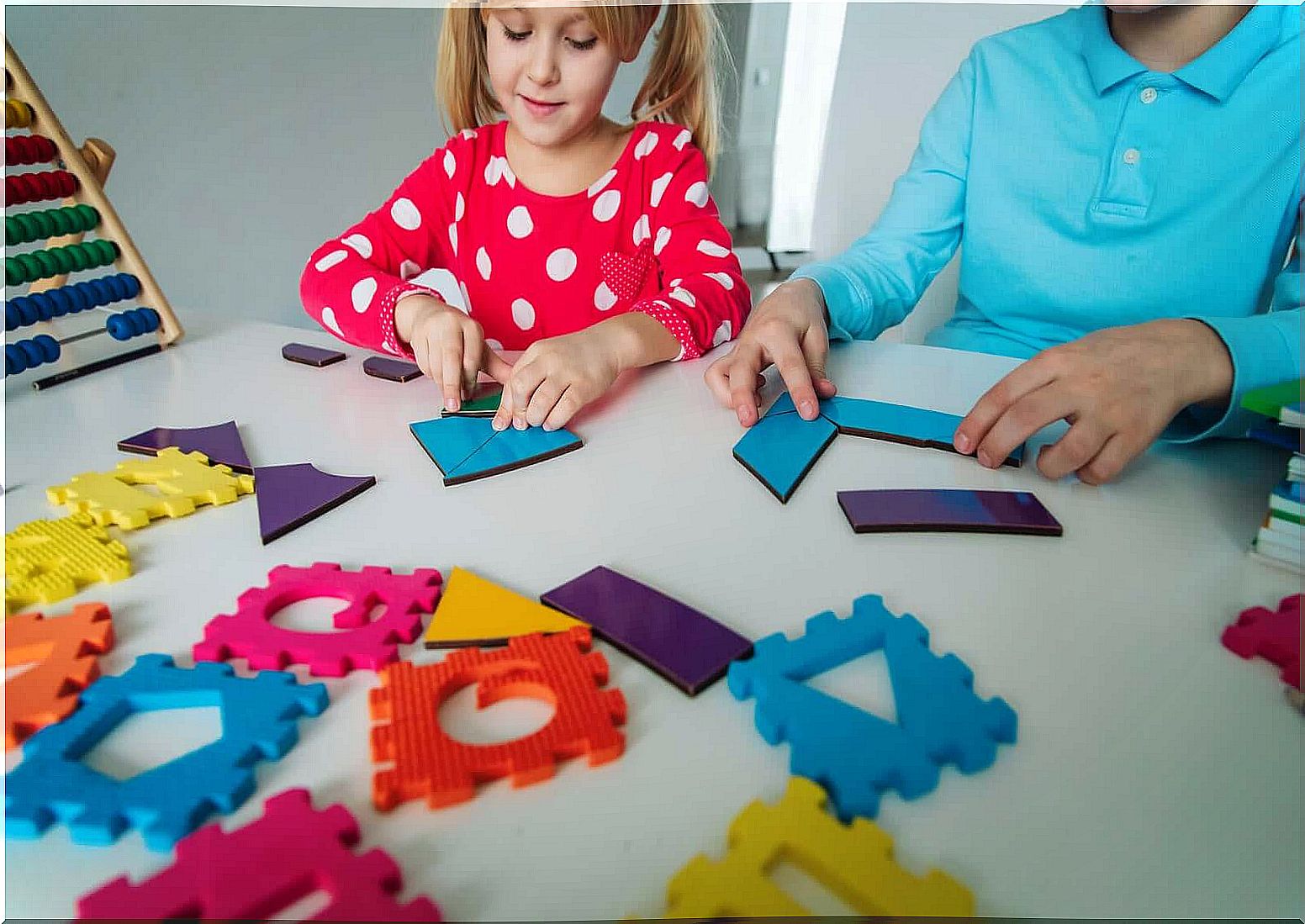
How Children Learn Math Skills
The three stages of learning any mathematical concept are concrete, pictorial, and abstract. Next, we’ll discuss the three stages so that you can better understand them, and also understand what stage your children are at.
the concrete stage
At the concrete stage, children need to experience the concepts physically. They need to develop an understanding of an element holding a block, for example. When playing with concrete objects, the little ones form the concept that there can be one object, several objects, less, more, etc.
Many mathematical processes are performed while a child builds a tower of blocks together with a friend. Concepts like more, less, one more, not enough, how many, much, less, to take and add are learned . Children compare objects and learn that it is possible to assign a value to them.
the pictorial stage
In the pictorial stage, which follows the concrete stage, children can see the image of objects and understand that this image represents real objects. For example, a child might look at a drawing and understand that 4 sheets represent 4 true sheets.
Later, she can look at a dice with 4 points and assign the value 4, and know that the points could hypothetically represent any object. Then she could add the 4 points on one die to the 3 points on the other and say there are 7 points in total.
the abstract stage
This is the final stage of understanding a mathematical concept. This means that a child can look at a sum, such as 4 + 3, written with numerical symbols, and add them up without using concrete objects or images. The little one has matured enough to understand that symbols 4 and 3 represent a series of objects that need to be added together.
What stage are preschool-age children at?
Preschool-age children are mostly at the concrete stage. In fact, by approximately the third grade of elementary school, any self-respecting teacher will introduce a new concept in a concrete way before moving on to textbooks or worksheets with examples to solve.
When children understand a concept in a concrete way, it is much easier to solve abstract problems. This means that, during the preschool years, trying to pressure a child to count images of objects or understand the value of numerical symbols is premature and will cause frustration.
You might want to expose your child to numbers (for example, playing with wooden numbers) or some rhymes that teach counting, but don’t expect your child to already understand the value of those numbers.
How to teach math skills to preschool children?
The best way to teach preschool children math skills is through their primary means of learning, ie play. Play is how preschool children should learn absolutely everything.
That is, during those early years, the children do not need formal lessons, sheet activities and exercise books, or anything that looks more like the “real work”.
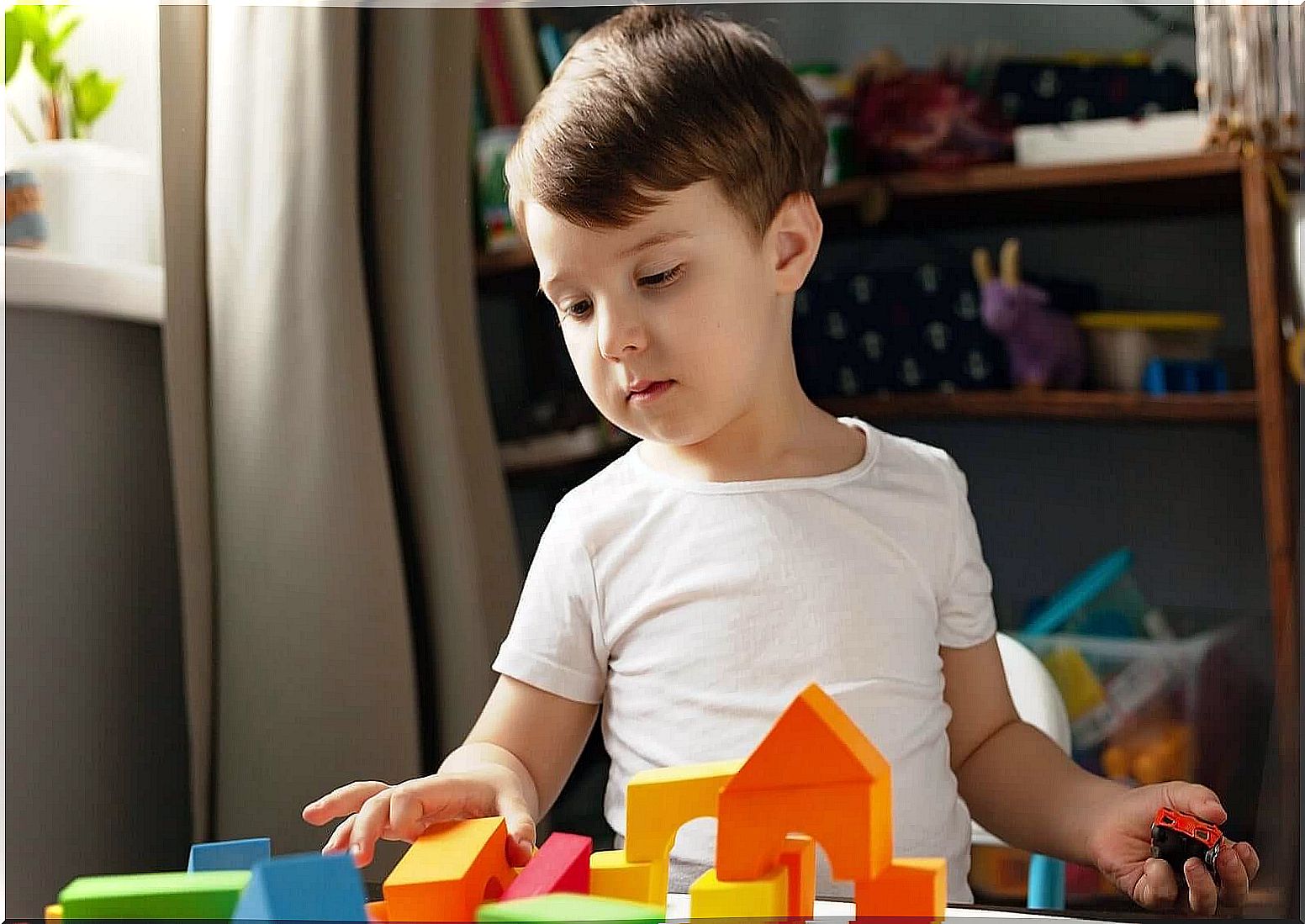
It may seem confusing as there are many formal programs and workbooks available for parents of preschool children. This makes parents feel they should do more, preparing their children for school with more formal activities.
However, the pre-school stage is a time for informal learning. When your child has adequate informal learning through play, formal learning will naturally be easier when he is ready for it.
Learning math skills through the game
When a child does not have adequate learning through play and many formal skills are stressed, he suffers further in school when gaps begin to appear and it becomes evident that fundamental skills are lacking.
Adapt the game to your child and their skills, as well as their play interests. Thus, it is worth investing in informal learning through games and activities, such as:
- Play with shapes.
- Play with blocks.
- Assemble puzzles.
- Learn to sing songs.
- Counting in games.
- Make numbers from modeling clay.
- Playing with objects.
Through this information, you can better understand how your children learn math skills. This is important to help you learn all the concepts, always starting with informal game-based learning.



